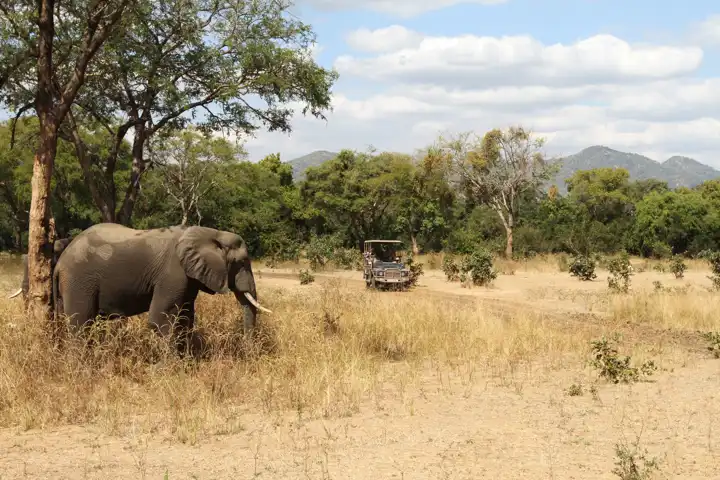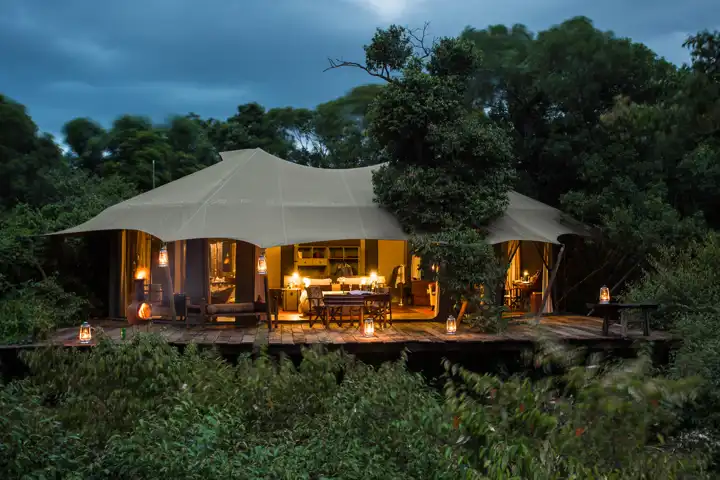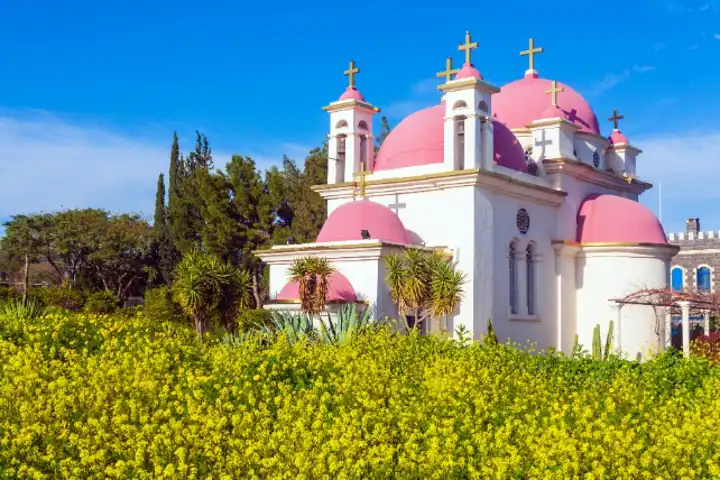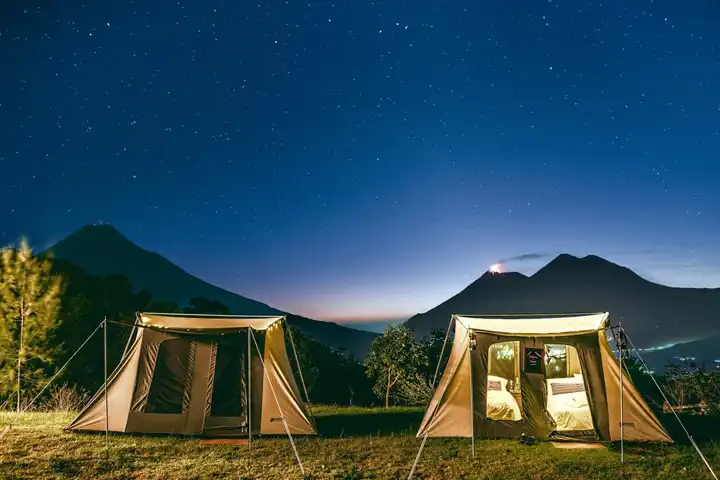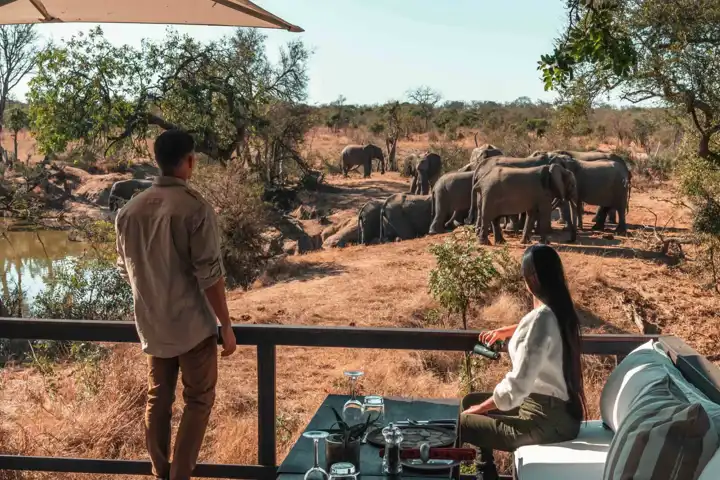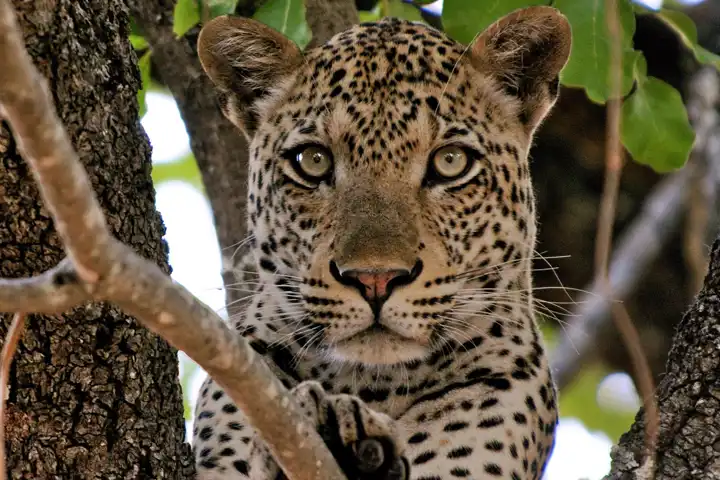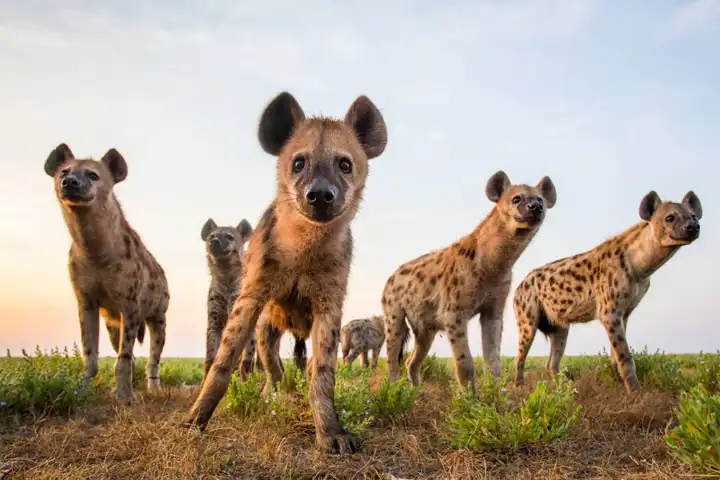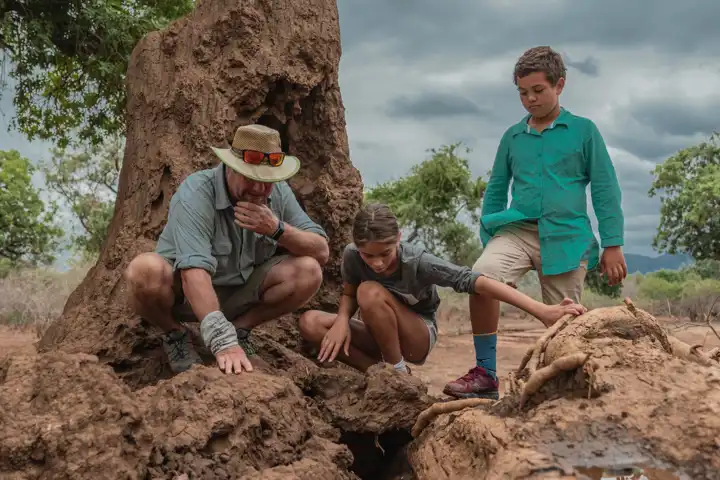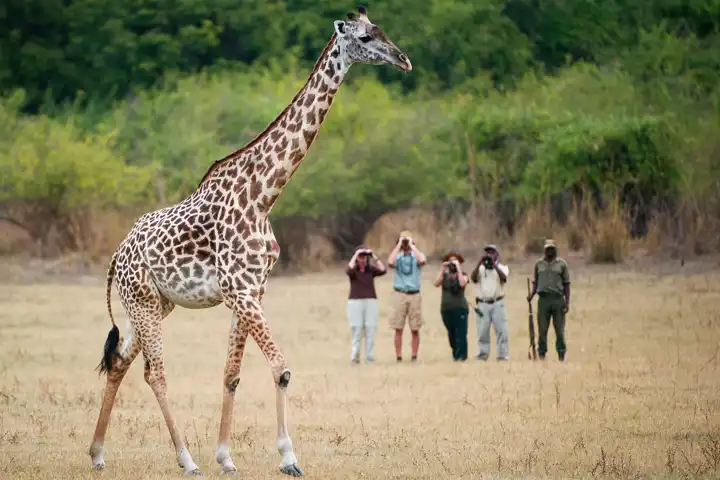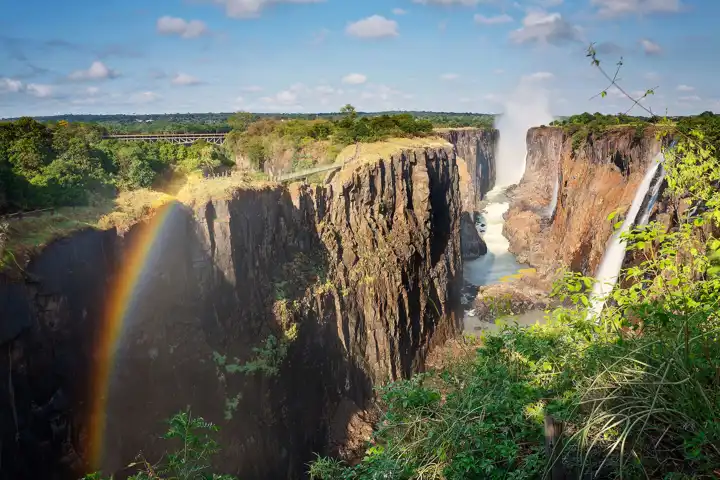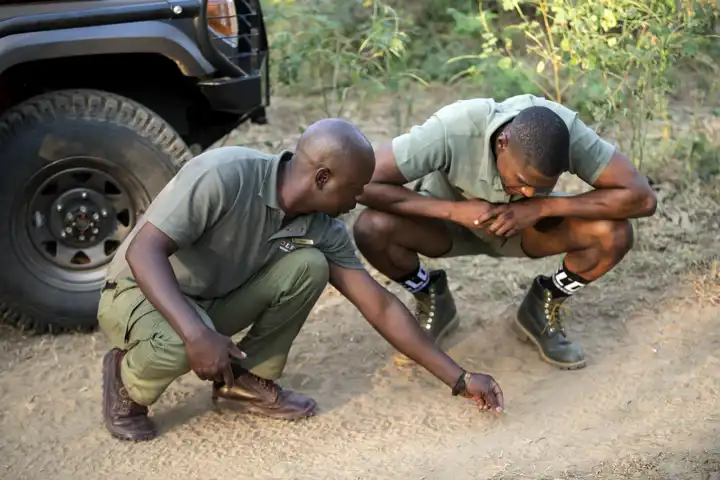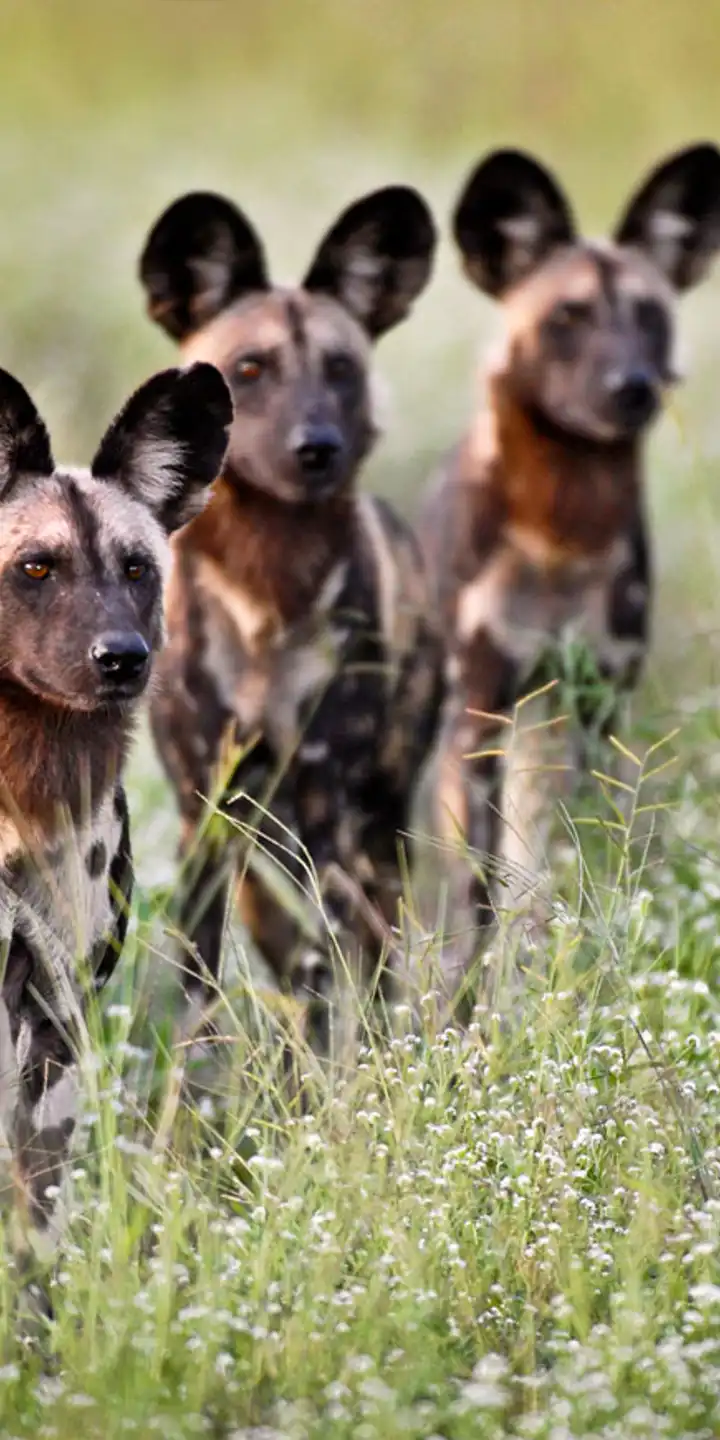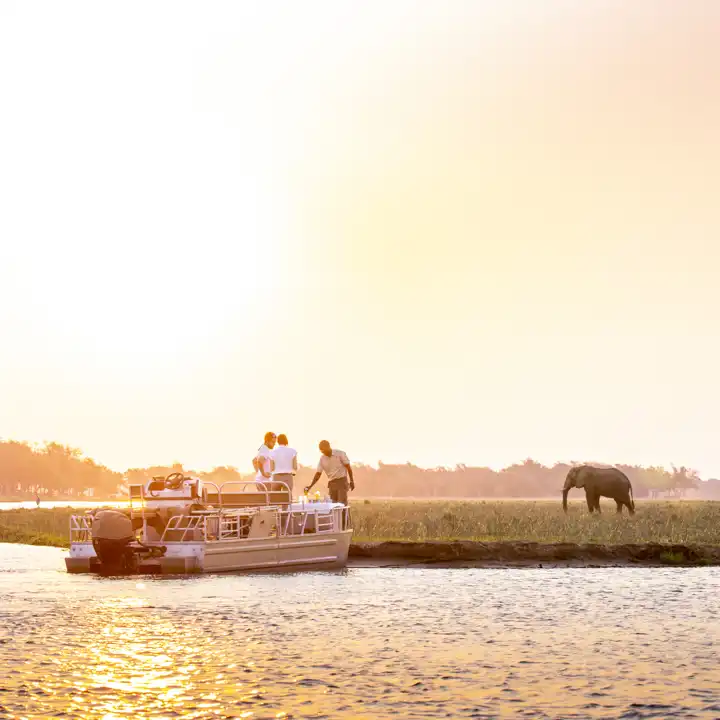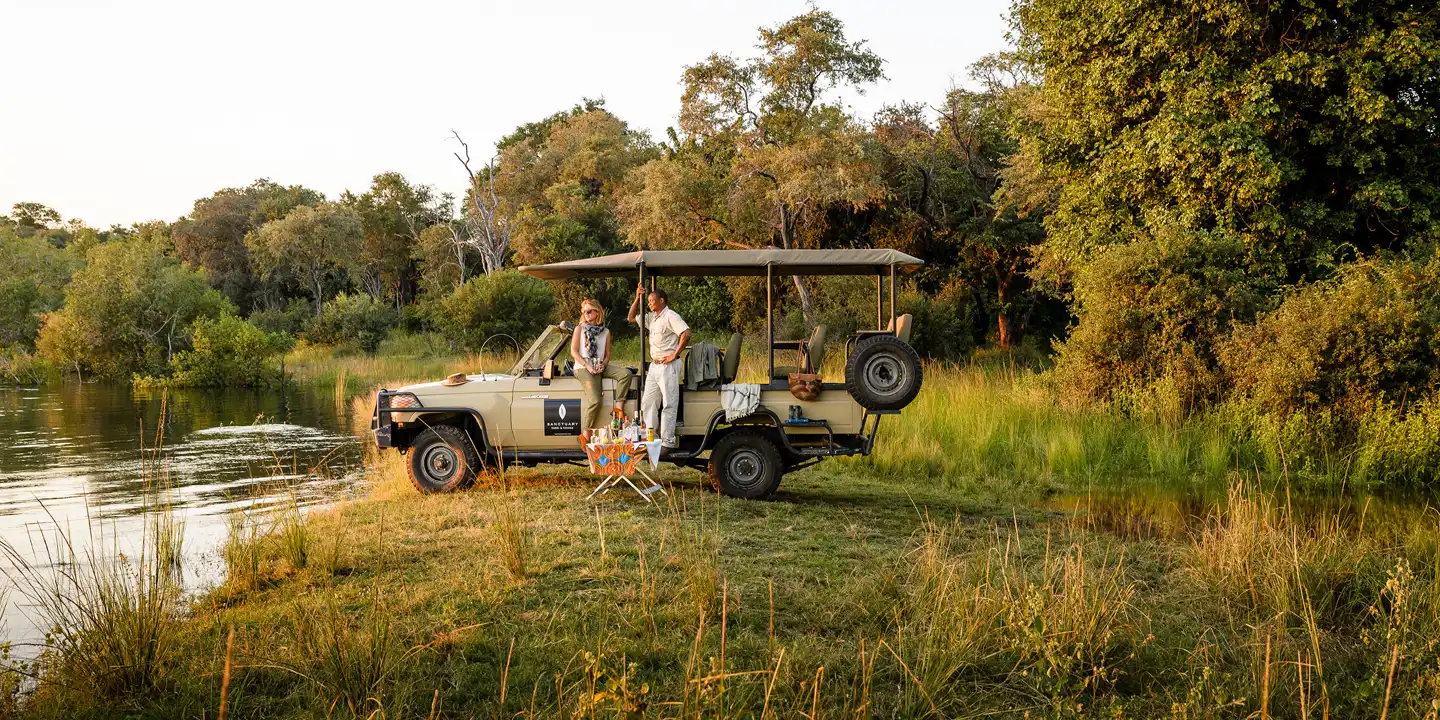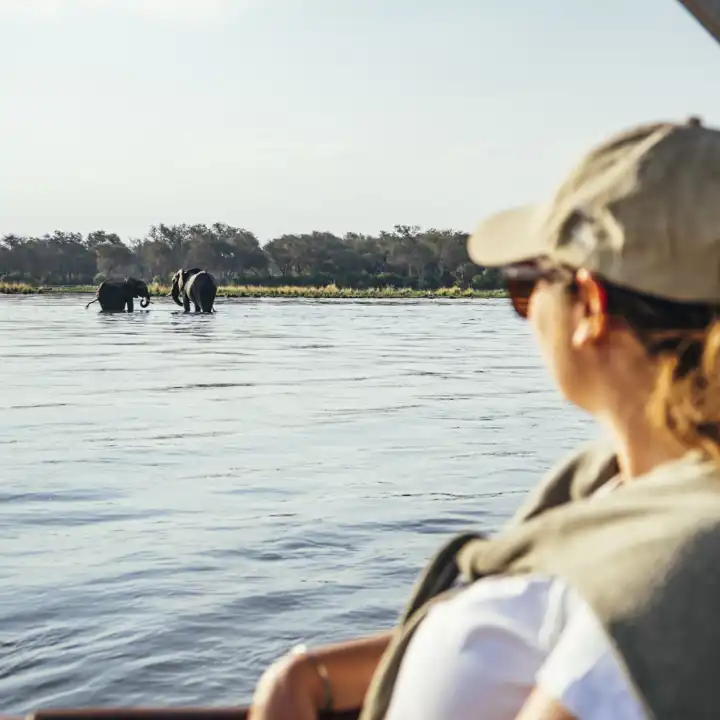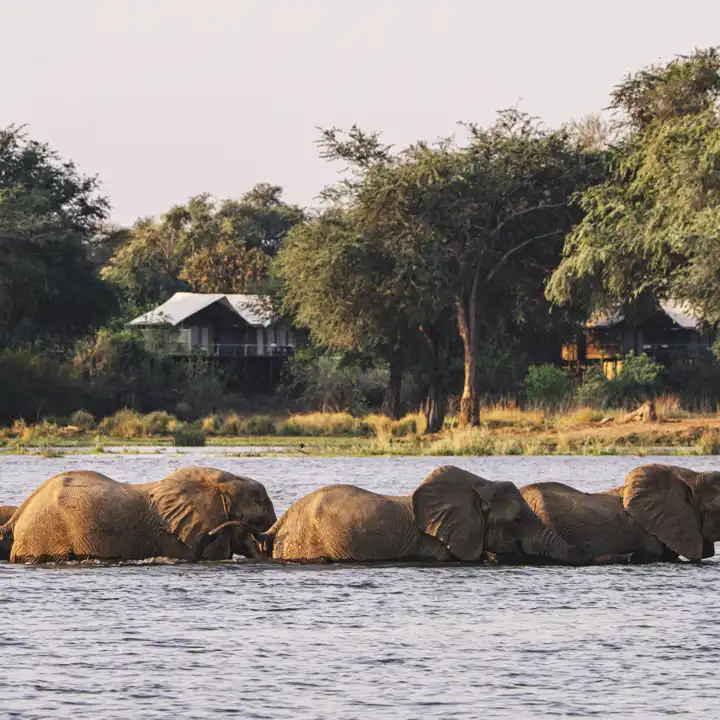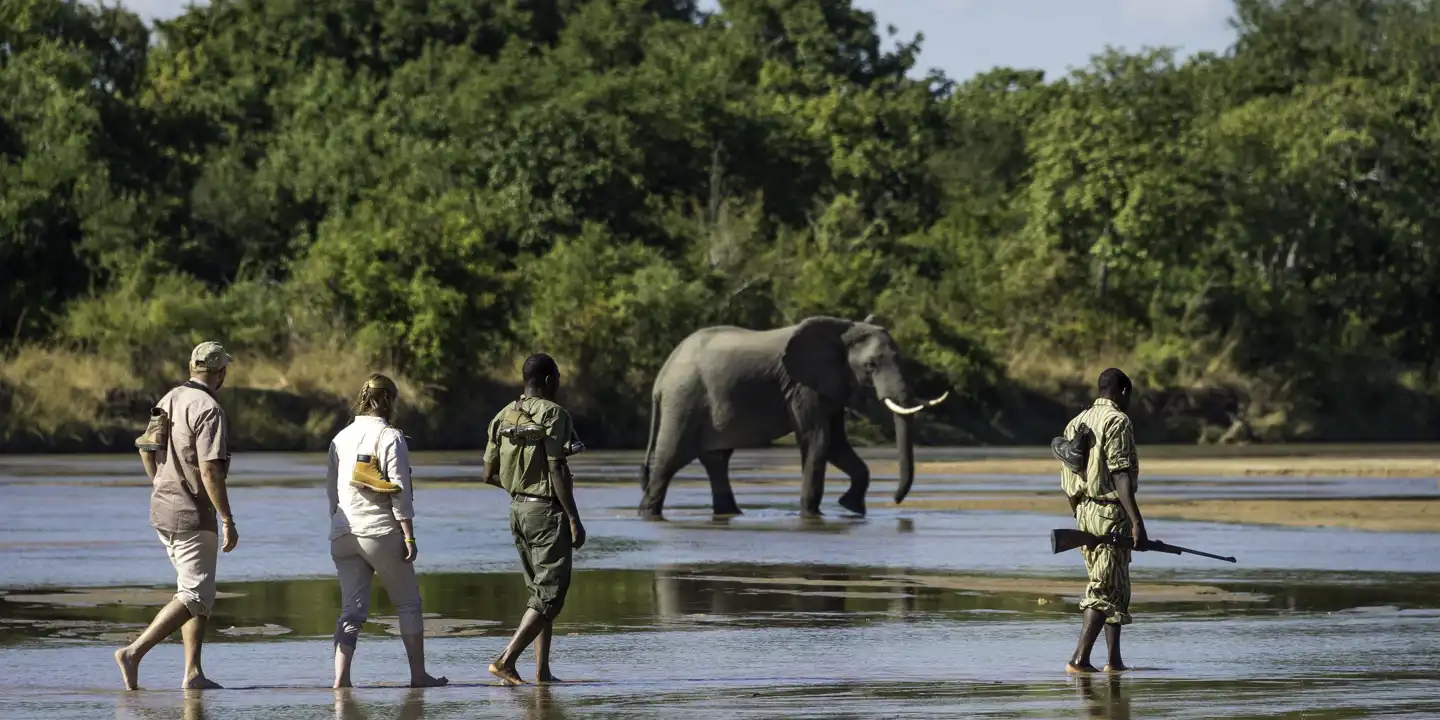Zambia
Home to One of the Greatest Wildlife Sanctuaries in the World
Zambia
“Untouched, unspoiled, unmatched” – these are just some of the words that accurately define the country of Zambia. The birthplace of the walking safari, Zambia is still mostly untouched by large hotels and throngs of tourists, offering travelers some of the most unforgettable safari experiences in Africa.
Walking Safaris
Like most safari destinations, big game viewing in open 4×4 vehicles is popular here too, but to get a true perspective of Africa, it is necessary to set out on foot with an expert guide on a thrilling walking safari. The best of Zambia comes most alive in the remote Luangwa Valley, widely considered one of the greatest wildlife sanctuaries in the world, as well as the Lower Zambezi Valley, where the untapped reservoir of Zambia’s newest National Park presents a spectacular display of wildlife. Beyond the beautiful setting, elegant, traditional bush camps create an even more intimate and private experience, offering the discerning traveler a most memorable journey.
Zambia Luxury Safaris
Five star world-class luxury safaris have always been a Ker & Downey specialty, and our Zambia luxury safaris promise to be no different. Many of Africa’s finest accommodations exist here in Zambia, including multiple luxury game lodges along the Zambezi River, which await the explorer and will leave a timeless impression of Zambia and all of its wonders.
Unforgettable Experiences
While here, catch a 30-pound tiger fish, cousin of the piranha, or drift off to sleep as the hippos splash in the river near the lodge. For the adventure-minded, share a romantic picnic lunch at the top of Victoria Falls, the perfect destination for honeymooners or romantics at heart. All of these experiences and more come standard on any customized Ker & Downey Zambia luxury safari.
Travel with Ker & Downey
For an extra special getaway, contact your Ker & Downey expert travel consultant about booking during the Lunar Rainbow, a unique phenomenon found only here during the full moon phase. Discover our completely customizable Zambia vacation packages, then contact us to start planning your own safari experience.

